In the complex world of strata properties, where multiple individuals coexist within a shared space, the question of whether an individual lot owner can make alterations to common property often arises. Strata properties, governed by specific laws and regulations, seek to strike a delicate balance between the rights of individual lot owners and the collective interests of the strata community.
Understanding Strata Properties:
Strata properties, consist of individually owned lots and shared common areas. Common property typically includes elements such as hallways, lobbies, parking areas, and other communal facilities. The ownership structure in strata properties is twofold, encompassing both individual lots and shared common property.
Individual Rights:
One of the primary benefits of owning a strata lot is the right to make decisions regarding the use and alteration of the individual unit. Lot owners have the autonomy to personalize their living spaces, such as renovating interiors or modifying fixtures, subject to compliance with relevant bylaws and regulations.
Common Property Alterations:
However, when it comes to alterations to common property, the scenario becomes more complex. Common property is jointly owned by all lot owners, and any changes made to it can affect the entire strata community. As a result, strata laws often impose restrictions on individual lot owners’ ability to alter common property without obtaining the necessary approvals.
Approval Processes:
To strike a balance between individual rights and collective interests, strata properties typically require lot owners to seek approval from the Owners Corporation before making any alterations to common property. The approval process ensures that proposed changes align with the community’s overall vision, adhere to safety standards, and do not compromise the structural integrity or aesthetics of the property.
Bylaws and Restrictions:
Strata properties commonly establish bylaws that outline the rules and restrictions regarding alterations to common property. These bylaws are enforceable legal documents, and lot owners must adhere to them to maintain harmony within the strata community. Bylaws may specify the types of alterations permitted, the approval process, and any associated fees or conditions.
Balancing Act:
The challenge lies in finding a balance between protecting the individual rights of lot owners and safeguarding the collective interests of the strata community. Striking this balance requires a fair and transparent approval process, clear communication channels, and an understanding of the impact that alterations may have on the entire property.
Conflict Resolution:
Disputes may arise when individual lot owners wish to make alterations that are not in line with strata bylaws or that may adversely affect other residents. To address such conflicts, strata properties often have mechanisms in place for dispute resolution, which may involve mediation or legal proceedings. These processes aim to find amicable solutions that respect the rights of both individual lot owners and the broader strata community.
Conclusion:
In the dynamic landscape of strata properties, the question of whether an individual lot owner can make alterations to common property underscores the delicate balance required to maintain harmony within the community. By implementing clear bylaws, transparent approval processes, and effective conflict resolution mechanisms, strata properties can navigate the complexities of accommodating individual preferences while upholding the collective interests of the entire community.




